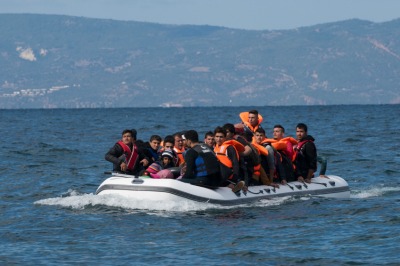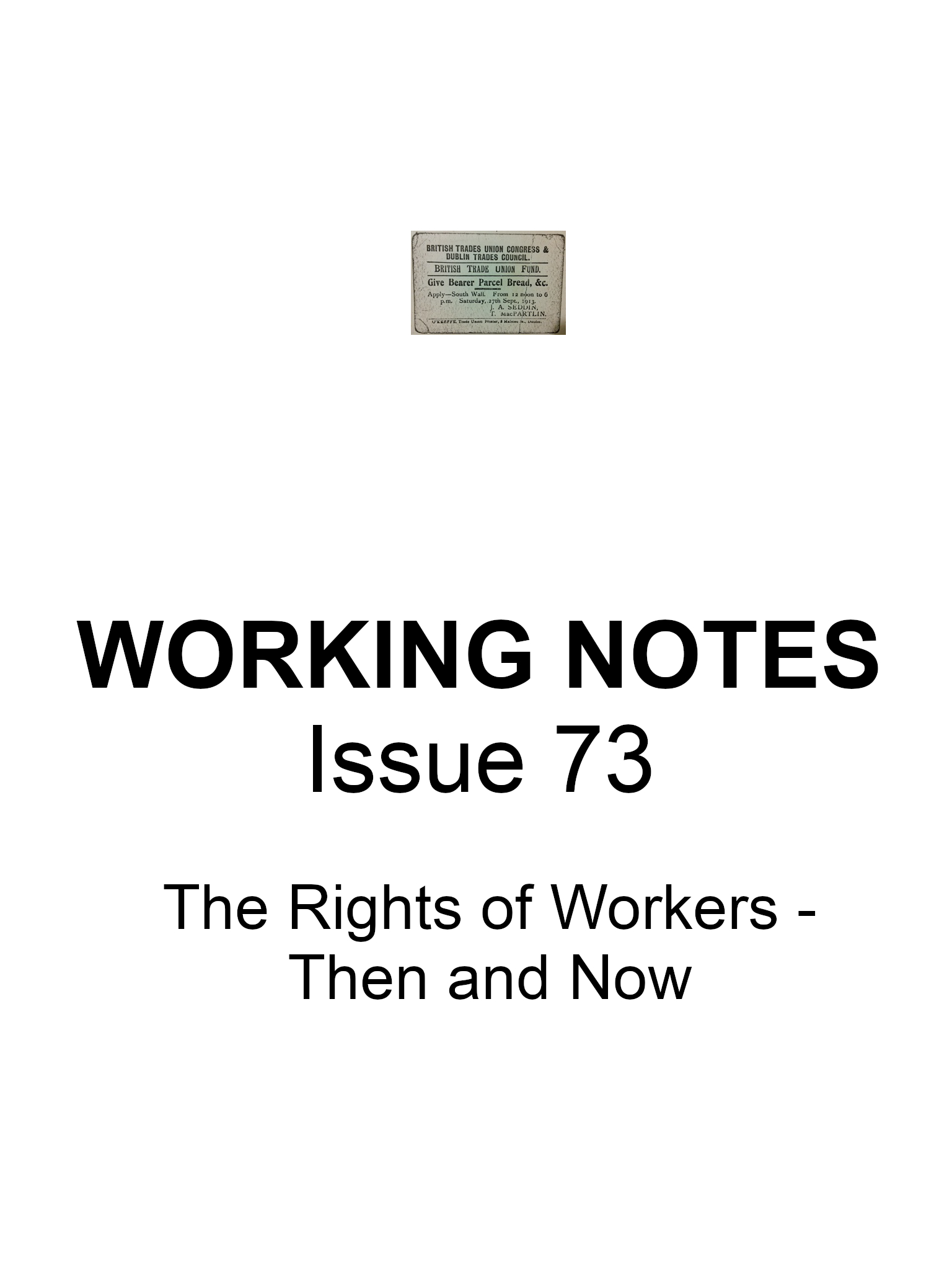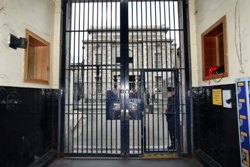
Elections 2014: A Turning Point for the European Social Model
For many people, particularly those struggling to make ends meet, the European Parliament elections can seem very remote from the reality of their lives. It is tempting to either ignore the elections entirely or use them to make a statement about national politics or the personality of candidates. This would be a mistake. Over the… Read more »









